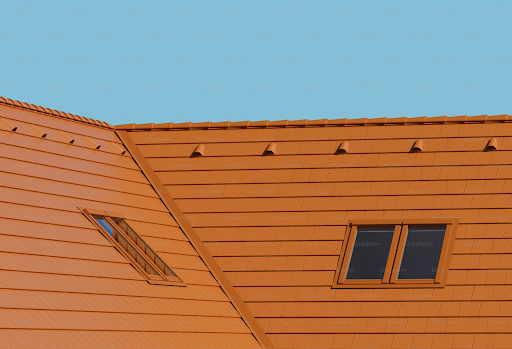
The Advantages of Flat Roofing for Commercial Properties
Choosing the right type of roofing for a commercial property is a critical decision that can significantly impact the building’s functionality, maintenance costs, and overall aesthetics. While pitched roofs have their advantages, flat roofing is becoming increasingly popular among business owners.
This post explores the numerous benefits of flat roofing for commercial properties, making a compelling case for why you might consider this option for your next roofing project.
Cost-Effectiveness
One of the most significant advantages of flat roofing is its cost-effectiveness. The materials used for flat roofs, such as modified bitumen, TPO, and EPDM, are generally less expensive than those required for pitched roofs.
Additionally, the installation process is simpler and quicker, reducing labor costs. This can be a substantial saving, especially for large commercial properties. Hiring a reliable commercial flat roofing company can ensure the job is done efficiently and cost-effectively.
Ease of Maintenance
Flat roofs are easier to access, making routine maintenance and inspections more straightforward and less dangerous. Regular checks for damage, debris, and potential leaks can be performed without the need for specialized equipment or risking worker safety.
This ease of maintenance can extend the lifespan of the roof and prevent minor issues from becoming major problems. It’s advisable to conduct soil testing to ensure the foundation’s stability, which further contributes to the roof’s longevity.
Versatility in Use
Flat roofs offer an incredible amount of versatility. They can be used for a variety of purposes that pitched roofs cannot accommodate. For instance, they can serve as additional outdoor space for activities like rooftop gardens, lounges, or even small-scale farming.
This additional usable space can be a significant asset for businesses looking to maximize their property’s utility. Moreover, HVAC systems can be installed on flat roofs, keeping them out of sight and freeing up valuable ground space.
Energy Efficiency
Energy efficiency is another compelling reason to opt for flat roofing. Flat roofs are typically easier to insulate, helping to keep heating and cooling costs down. Reflective coatings can be applied to flat roofing materials to deflect sunlight, reducing the heat absorbed by the building.
This not only cuts down on air conditioning expenses during the hot months but also contributes to a more comfortable working environment for employees.
Modern Aesthetic Appeal
Flat roofs offer a sleek, modern look that can enhance the aesthetic appeal of a commercial building. This contemporary design can make a business stand out, projecting a progressive and forward-thinking image. The clean lines of a flat roof can be particularly attractive for businesses in the retail or tech industries, where modern aesthetics are often highly valued.
Environmentally Friendly Options
Flat roofing systems offer several environmentally friendly options. Green roofs, which involve planting vegetation on the rooftop, can improve air quality, reduce stormwater runoff, and provide natural insulation. Solar panels can also be easily installed on flat roofs, turning a functional space into a source of renewable energy.
These eco-friendly choices can not only reduce a business’s carbon footprint but also lead to potential tax benefits and incentives.
Conclusion
Flat roofing presents a multitude of advantages for commercial properties, from cost savings and ease of maintenance to energy efficiency and environmental benefits. The versatility and modern aesthetic appeal of flat roofs make them an excellent choice for businesses looking to optimize their space and project a contemporary image.

